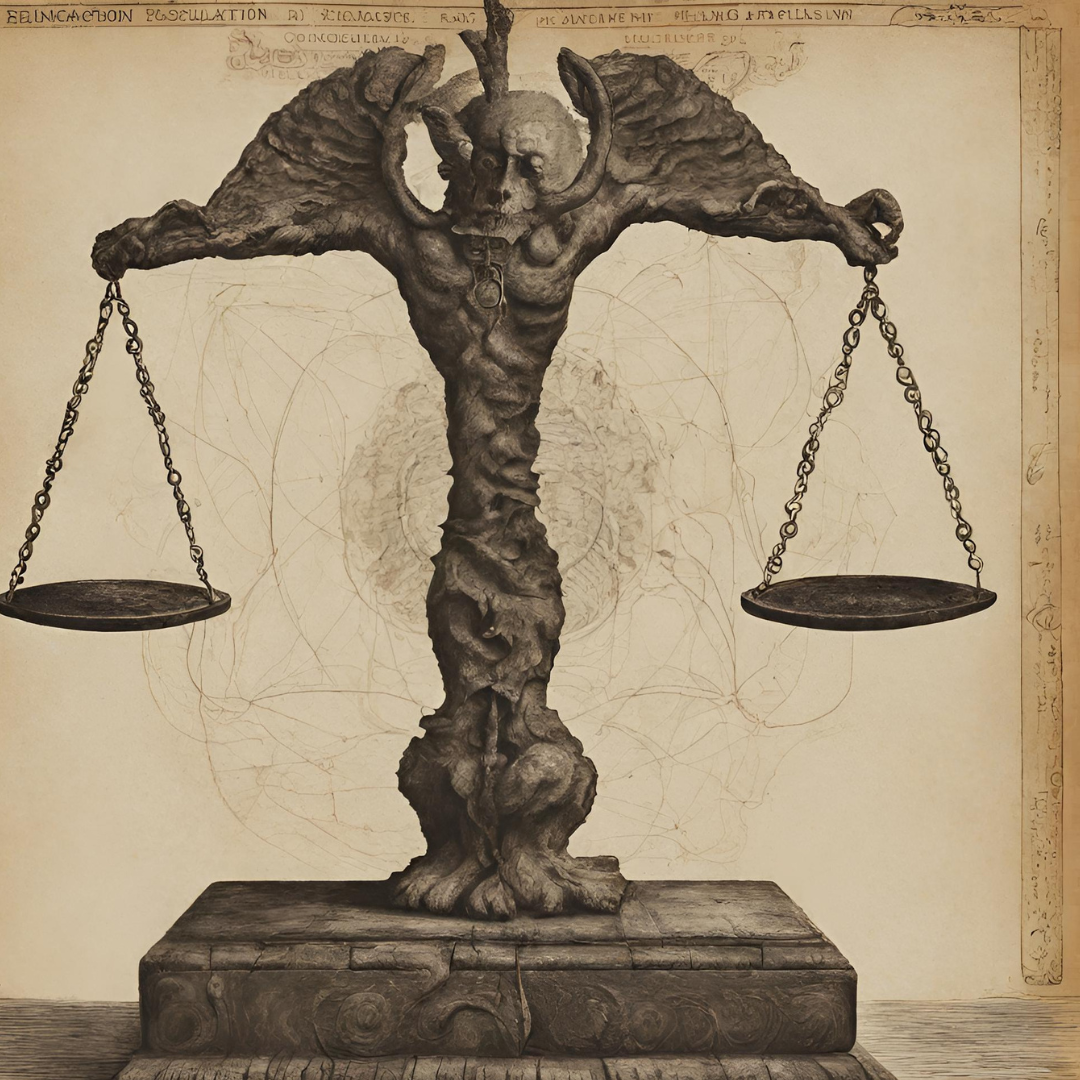law of reincarnation raw The belief in reincarnation has fascinated humanity for centuries, transcending cultural and religious boundaries. This belief, which suggests that individuals are reborn in new bodies after death, has been a central tenet in many belief systems. However, the intersection of spirituality and government has led to the establishment of laws such as the Reincarnation Regulation Act, colloquially known as the “law of reincarnation .
The Reincarnation Regulation Act, often referred to as the law of reincarnation raw, is a legal framework designed to govern and oversee the practice and beliefs surrounding reincarnation. This act plays a pivotal role in defining how the concept of reincarnation is understood and regulated within a specific jurisdiction. In this article, we will delve into the intricacies of this law, its historical background, key provisions, debates, and its impact on spiritual and cultural practices.
Historical Background
The belief in reincarnation has deep historical roots, with mentions in ancient Indian scriptures, Greek philosophy, and various indigenous traditions worldwide. Over time, this belief has evolved and taken different forms, becoming integral to the religious and cultural fabric of many societies. However, the growing influence of reincarnation beliefs, often exploited by unscrupulous individuals, prompted governments to intervene.
Understanding the Law of Reincarnation Raw
The term “law of reincarnation raw” is used informally to describe the Reincarnation Regulation Act. It signifies the unprocessed, unfiltered essence of the legal framework governing reincarnation beliefs. The primary objective of this act is to ensure that practices related to reincarnation are conducted with transparency and adherence to established guidelines.
Key Provisions of the Act
The Reincarnation Regulation Act typically includes several key provisions:
- Registration of Reincarnation Cases: Individuals or religious organisations are required to register cases of claimed reincarnation with relevant authorities.
- Monitoring and Verification Procedures: Rigorous procedures are in place to investigate and verify the authenticity of reincarnation claims.
- Legal Consequences for Non-Compliance: Penalties and legal consequences are outlined for those who do not adhere to the regulations.
These provisions aim to strike a balance between the freedom to practise one’s beliefs and the prevention of potential abuse or fraud.
The Debate Surrounding the Act
The introduction of the Reincarnation Regulation Act has sparked a heated debate, with proponents arguing that it is essential for preventing exploitation and ensuring the legitimacy of reincarnation claims. However, religious groups often oppose such regulation, citing concerns about government interference in matters of faith and spirituality.
Impact on Spiritual and Cultural Practices
The Act’s implementation has had far-reaching consequences on spiritual leaders and practices. While it seeks to regulate, it also inadvertently influences how individuals and religious institutions approach and express their beliefs in reincarnation. Moreover, it raises questions about the preservation of cultural traditions linked to this belief system.
Case Studies
Real-life case studies provide insight into the practical implications of the Reincarnation Regulation Act. These examples showcase instances where the act was invoked, the outcomes, and the controversies that arose, shedding light on its effectiveness and limitations.
International Comparisons
It is enlightening to compare the Reincarnation Regulation Act with similar laws in other countries. Variations in approach, enforcement, and outcomes provide a broader perspective on the challenges and benefits of such legislation.
Legal Challenges and Court Rulings
Inevitably, the Reincarnation Regulation Act has faced legal challenges in various jurisdictions. Examining these challenges and the subsequent court rulings helps in understanding the legal intricacies of regulating beliefs related to reincarnation.
Public Perception
Public opinion on the Reincarnation Regulation Act is a critical aspect of its impact. Surveys and studies reveal the perspectives of the general population, shaping the discourse on the balance between religious freedom and government oversight.
Amendments and Revisions
Over time, the Reincarnation Regulation Act may undergo amendments and revisions. Understanding the reasons behind such changes and their effects on the law’s implementation is vital in assessing its evolving role.
Enforcement and Compliance
Government agencies play a pivotal role in enforcing the Reincarnation Regulation Act. Analysing the agencies’ effectiveness and challenges they face provides insights into the act’s real-world impact.
Future Outlook
Predicting the future of the Reincarnation Regulation Act involves considering societal shifts, changes in government policies, and evolving attitudes toward reincarnation beliefs. Speculating on potential developments helps in anticipating the law’s future role.
FAQS:
Q1: What is the Law of Reincarnation Raw?
A1: The Law of Reincarnation Raw is a colloquial term used to refer to the Reincarnation Regulation Act, a legal framework designed to govern and regulate beliefs and practices related to reincarnation.
Q2: Why is there a need for the Reincarnation Regulation Act?
A2: The act is necessary to prevent potential misuse, fraud, and exploitation associated with claims of reincarnation. It ensures that practices related to reincarnation are conducted with transparency and adherence to established guidelines.
Q3: What are the key provisions of the Reincarnation Regulation Act?
A3: The key provisions typically include the registration of reincarnation cases, monitoring and verification procedures, and legal consequences for non-compliance. These provisions aim to balance religious freedom with the prevention of potential abuse.
Q4: How does the Reincarnation Regulation Act impact spiritual and cultural practices?
A4: The act can influence how individuals and religious institutions approach and express their beliefs in reincarnation. It may also raise questions about the preservation of cultural traditions linked to this belief system.
Q5: Are there any international comparisons for such laws?
A5: Yes, it’s informative to compare the Reincarnation Regulation Act with similar laws in other countries. Such comparisons highlight variations in approach, enforcement, and outcomes.
Q6: Have there been any legal challenges to the Reincarnation Regulation Act?
A6: Yes, the act has faced legal challenges in various jurisdictions. These challenges have led to court rulings that help in understanding the legal complexities of regulating beliefs related to reincarnation.
Q7: What is the public perception of the Reincarnation Regulation Act?
A7: Public opinion varies, with some supporting the act’s regulation to prevent abuse, while others argue against government interference in matters of faith and spirituality. Surveys and studies reflect these differing perspectives.
Q8: Can the Reincarnation Regulation Act be amended or revised?
A8: Yes, over time, the act may undergo amendments or revisions to adapt to changing societal needs and beliefs. These changes are typically made through legislative processes.
Q9: How is the Reincarnation Regulation Act enforced, and what are the compliance rates?
A9: Government agencies are responsible for enforcing the act. Compliance rates can vary, and enforcement may pose challenges in some cases.
Q10: What does the future hold for the Reincarnation Regulation Act?
A10: The act’s future outlook depends on societal shifts, changes in government policies, and evolving attitudes toward reincarnation beliefs. It will likely continue to be a subject of debate and examination as societies evolve.
Conclusion
In conclusion, the Reincarnation Regulation Act, often referred to as the “law of reincarnation raw,” is a complex legal framework designed to balance belief and control. While it aims to prevent misuse and ensure transparency, it also raises significant questions about religious freedom and cultural heritage. As societies continue to evolve, the act’s role and relevance will remain subjects of debate and examination.
read more: Is There a BustedNewspaper in Your Area?











